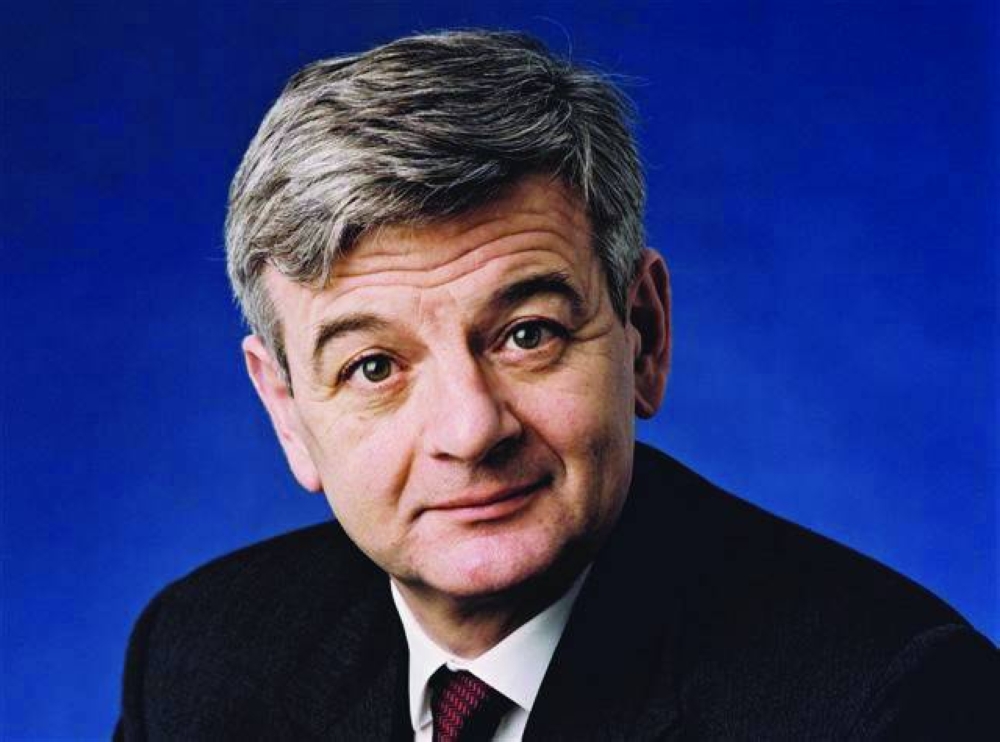
Did Russian President Vladimir Putin know what he was doing when he ordered a full-scale invasion of Ukraine last February 24? That decision was a turning point for Europe. For the first time in eight decades, a great land war had erupted on the continent, shattering Europeans’ cherished illusions of peace with a force paralleling that of the Russian bombs that have been exploding in Ukrainian towns and villages ever since.
Putin apparently cannot conceive of Russia as anything other than a weaponised, feared, authoritarian world power. But achieving that status requires Russian hegemony in Eastern Europe – a revival of the imperial legacy of czarist Russia and the Soviet Union – for which Putin needed Ukraine. But he badly underestimated the Ukrainian willingness to fight and die for their freedom and independence. This, together with the support provided by Nato and the European Union, has prevented him from achieving his goal.
Three days after the invasion, German Chancellor Olaf Scholz captured the moment well in a speech to the German parliament. “We are living through a watershed era,” he declared. “And that means that the world afterwards will no longer be the same as the world before.” In fact, the war in Ukraine is about much more than most people – including Scholz – realised 13 months ago.
Obviously, the fighting is first and foremost about the Ukrainian people’s survival and the future of their homeland. But it is also about the future of the international order. Will violence triumph over law, or can we return to a lasting peace based on law and treaties? And what are the broader geopolitical implications? Russia’s invasion represented the global order’s first major revision in the twenty-first century, and now China and Russia have entered a deeper (albeit unformalised) alliance to challenge the United States and the West’s dominance.
This struggle – a revival of Cold War power politics – is embedded in two major global transformations: the encroaching digitalisation of all spheres of modern life, and the final crisis of fossil-fuelled industrial society.
Moreover, Russia’s war has revealed an increasingly complex international picture. Important emerging economies – such as Brazil, India, and South Africa – have refused to take a clear stand. So, too, have most of the Gulf states. All are behaving strictly according to their national interests. When they assess the new great-power conflict, they see not only economic advantages (discounted oil and gas shipments from sanctioned Russia), but also opportunities to enhance their own geopolitical and diplomatic standing.
There is no doubt that the so-called Global South will play a major role in the emerging struggle for dominance in the twenty-first century; that much is already obvious after 13 months of war in Ukraine. Unfortunately, many of these countries and regions will remember the treatment they received from the West – and particularly its leading power, the United States – in the recent past. Their participation in confronting powers like China cannot be assumed. It will have to be won.
In any case, beyond those directly affected by the fighting, Europe will be the region most changed by Russia’s aggression. The war is being waged in its own immediate neighbourhood, and it was started by an authoritarian regime that embodies values completely antithetical to its own. With the illusion of peace shattered, Europe’s task now is to overcome its internal divisions and its defencelessness as soon as possible. It must become a geopolitical power capable of self-defence and deterrence, including nuclear capability.
This will not be easy, and the path ahead is strewn with hazards. Consider some of the worst-case scenarios. What will Europe do if another “America first” isolationist is elected to the White House next year, followed by the ascent of French right-wing nationalist leader Marine Le Pen to the Elysée? This outcome is a distinct possibility.
With Russia unable to defeat Ukraine on the battlefield, the war will eventually have to be ended through difficult negotiations. Whatever the outcome, Europe will be living in a different world, just as Scholz foresaw. It will have to adjust to the existence of a perpetual threat from the East, regardless of whether it is Putin or his successor.
Although the EU will have gained more internal stability, its basic character will have changed. Security will be a central concern for the foreseeable future. The EU will have to start thinking of itself as a geopolitical power and as a defence community working closely with Nato. Its identity will no longer be defined mainly by its economic community, its common market, or its customs union. The bloc has already accepted Ukraine as a candidate for future membership, and that decision was driven almost entirely by geopolitical considerations (as was also the case, previously, with Turkiye and the West Balkan states).
A great revision of the world order is underway. If this struggle plays out according to traditional power politics, everyone will be worse off. Co-operation must prevail if we are to create an order adequate to the great economic, security, and climate challenges of the twenty-first century. — Project Syndicate
* Joschka Fischer, Germany’s foreign minister and vice chancellor from 1998-2005, was a leader of the German Green Party for almost 20 years.

